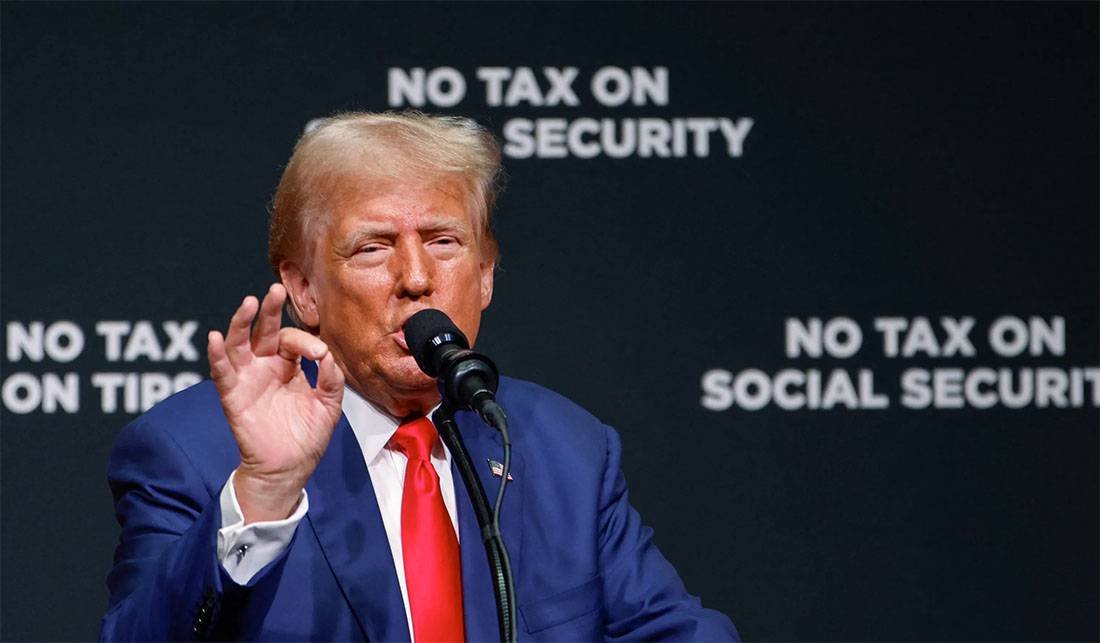Photo Credit: Getty Images
President-elect Donald Trump has reignited fears of a transatlantic trade war, warning the European Union (EU) to increase its imports of U.S. oil and liquefied natural gas (LNG) or face tariffs on its exports. "I told the European Union that they must make up their tremendous deficit with the United States by the large-scale purchase of our oil and gas. Otherwise, it is TARIFFS all the way!!!" Trump declared on Truth Social.
The United States has emerged as the EU's top LNG supplier, accounting for 47% of its imports in 2024. Russian supplies, once dominant, have dwindled following sanctions imposed after Moscow's invasion of Ukraine. However, U.S. production is already operating at full capacity, leaving little room for increased exports without further investments.
European Commission President Ursula von der Leyen recently acknowledged the bloc's dependence on Russian LNG and supported replacing it with U.S. supplies. "Why not replace it with American LNG, which is cheaper and brings down our energy prices?" she remarked during an energy summit in Brussels last month.
The trade deficit between the U.S. and the EU, estimated at $208.7 billion in 2023, has been a recurring point of contention for Trump, who has previously criticized the bloc for its car exports. German and Italian automakers currently face a 2.5% tariff, which could quadruple under Trump's proposed measures.
Energy analysts, however, question the feasibility of Trump's demands. Richard Price, an oil markets expert at Energy Aspects, highlighted logistical constraints: "Europe is already close to its maximum capacity for U.S. crude imports. Refinery closures in 2025 will further limit growth."
Despite these hurdles, Trump has pledged to expand U.S. energy production. Yet, a recent government report found that increasing LNG exports could raise domestic gas prices by up to 30% and worsen carbon emissions, complicating Trump's promise to approve new LNG export terminals swiftly.
European governments have expressed willingness to negotiate. A spokesperson for the European Commission emphasized the bloc's commitment to diversifying energy sources, stating, "The EU is ready to discuss ways to strengthen our already robust energy relationship with the U.S."
Trade experts and economists suggest that diplomacy could resolve the standoff. William Reinsch from the Center for Strategic and International Studies noted, "This could be a win-win, telling them to buy something they want and need anyway." However, he warned of the uncertainty surrounding long-term demand as Europe accelerates its transition to renewable energy.


